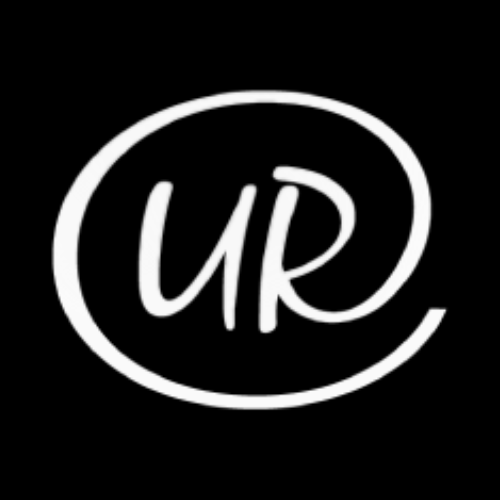
How To Get Your Next Product Manager Role
11th November, 2018 5 minutes
We think of Product Managers as the CEOs of the product, responsible for the strategy, roadmap, and feature definition for that product or product line. With the tech industry booming, the role of Product Manager, is becoming increasingly significant. But how can you make sure you stand out from the crowd when you’re looking for your next challenge?
We've put together some tips for you to step up your game!
Your CV
1. Listing your achievements should form the core of your CV and lets employers know what you’ve done.
While it does sound like common CV advice, you’d be surprised how few people do it.
Did you lead the development of a new product? Did you look after the product from the research phase to release? Did you implement a new way of gathering customer feedback? Were you the champion of the team methodology? Let us know about it!
2. Be clear about what type of product you worked on and were involved in building.
Was it data analytics, a B2C restaurant app, a new e-commerce platform, EdTech, or something like a challenger bank? The type of product you have experienced with is crucial to securing your next role.Also mention what size of business you built a product within. For example, you could say: “I work/ed for a global retailer and built the analytics product, that enabled managers across the world, to know which lines were selling and which weren’t.”
3. Be succinct - no one wants to read long statements about everything you’ve ever done.
The less you write, the clearer it is to see what you’ve actually done, so focus on the stuff that really matters.
4. Don’t forget to mention challenges you’ve overcome.
Did you come into a product behind schedule? Did the stakeholders hate your product ideas? Or did you hate the stakeholders’ ideas but pushed back anyway? Product leaders like to know you can be relied on to make a difference to the business, so make sure to mention the difference you’ve made in past roles!The Job Search
5. Product Managers are some of the most active, when it comes to giving back to the community they work in.
At the start of your job search, it’s worth increasing your activity on social media channels, attending meet-ups, or creating something in your own time to showcase your skills. Hiring managers love to see that you’re passionate about creating brilliant products outside of work too.
6. Knowing the market is important to your job search.
Understand who the movers and shakers are, and which are the growing sectors. This will give you lots of insight into the type of roles to apply for, but also a lot to talk about at your interviews. Try to be a little savvier in your research, we all know who the challenger banks are.Common Interview Feedback We Get from Clients
7. Too often, candidates don’t have enough specific examples to illustrate what they’ve done. This leaves hiring managers thinking they were just part of a team, told what to do by someone else. To avoid this, be clear about what your involvement was and think of situations you can talk about as examples.
8. Another piece of common feedback we hear a lot, is that the candidate didn’t demonstrate leadership capabilities.
Even if you’re joining a large team, Product Managers must be able to lead people in some capacity. They must be able to guide anyone, from stakeholders, to developers, designers, all the way to the CEO. This doesn’t mean you have to be a micromanager, but you do have to be a natural leader of people and demonstrate this. 9. Being clear and concise is difficult to prep for but is always analysed in a Product interview. Many candidates aren’t clear enough. You’re going to have to be able to communicate effectively with everyone, so interviewers need to know you can speak about a subject clearly and concisely. Normally this is judged by asking questions such as “What did your role entail?” or something along the lines of “Tell us about a product you’ve worked on.”General Interview Tips
10. Do your research and make sure you know the company you’re interviewing with. A lot of clients will test your knowledge and ask what you would change about their product. Being prepared will not only avoid any hesitation in your answer but will also show that you’re interested in the role and the company.
11. Avoid talking too much about your team and focus more on talking about yourself. While you want to show that you’re a team player, and speak about your team’s achievements, always saying the team did this or the team did that, makes it seem like you had no real control.


